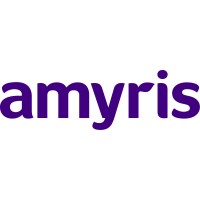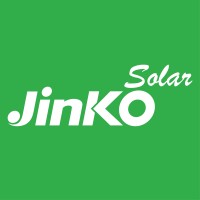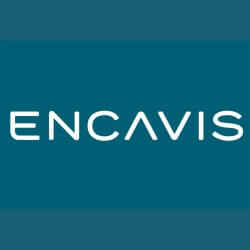Kurse werden geladen...
Prognose
| Kaufen | 9 |
| Halten | 9 |
| Verkaufen | 2 |
Scoring-Modelle
Für dieses Unternehmen liegen uns bisher keine Scoring-Modelle vor.
News Zum News-Feed
Für dieses Unternehmen liegen uns derzeit keine News vor. Wir arbeiten daran, weitere Anbieter hinzuzufügen um dies zu ändern.
Unternehmenszahlen
| (EUR) | 2022 | |
|---|---|---|
| Umsatz | 251,57 Mio | 16,31% |
| Bruttoeinkommen | 10,42 Mio | 93,65% |
| Nettoeinkommen | −499,62 Mio | 115,04% |
| EBITDA | −453,65 Mio | 170,37% |
Fundamentaldaten
| Metrik | Wert |
|---|---|
Marktkapitalisierung | 0,00€ |
52 Wochen-Hoch/Tief | 0,0544€ - 0,0423€ |
| Dividenden | Nein |
Beta | 1,19 |
KGV (PE Ratio) | −0,03 |
KGWV (PEG Ratio) | 0,00 |
KBV (PB Ratio) | −0,04 |
KUV (PS Ratio) | 0,00 |
Unternehmensprofil
Amyris, Inc. ist ein Unternehmen der synthetischen Biotechnologie, das in den Märkten für saubere Gesundheit und Schönheit sowie für Aromen und Düfte in Europa, Nordamerika, Asien und Südamerika tätig ist. Das Unternehmen produziert und vertreibt reine Schönheits-, Körperpflege-, Gesundheits- und Wellnessprodukte sowie Inhaltsstoffe für die Endmärkte Aromen und Düfte, Ernährung, Lebensmittel und Getränke sowie reine Schönheits- und Körperpflegeprodukte. Es bietet seine Produkte unter den Markennamen Biossance, Pipette, Purecane, Terasana, Costa Brazil, OLIKA, Rose Inc. und JVN an. Das Unternehmen hat ein Kooperationsabkommen mit dem Infectious Disease Research Institute für die Entwicklung eines COVID-19-Impfstoffs geschlossen. Das Unternehmen war früher als Amyris Biotechnologies, Inc. bekannt und änderte im Juni 2010 seinen Namen in Amyris, Inc. Amyris, Inc. wurde im Jahr 2003 gegründet und hat seinen Hauptsitz in Emeryville, Kalifornien.
| Name | Amyris |
| CEO | Hermanus Kieftenbeld |
| Sitz | EmeryVille, ca USA |
| Website | |
| Sektor | Gesundheitswesen |
| Industrie | Biotechnologie |
| Börsengang | 28.09.2010 |
| Mitarbeiter | 1.598 |
Ticker Symbole
| Börse | Symbol |
|---|---|
NASDAQ | AMRS |
Assets entdecken
Shareholder von Amyris investieren auch in folgende Assets










